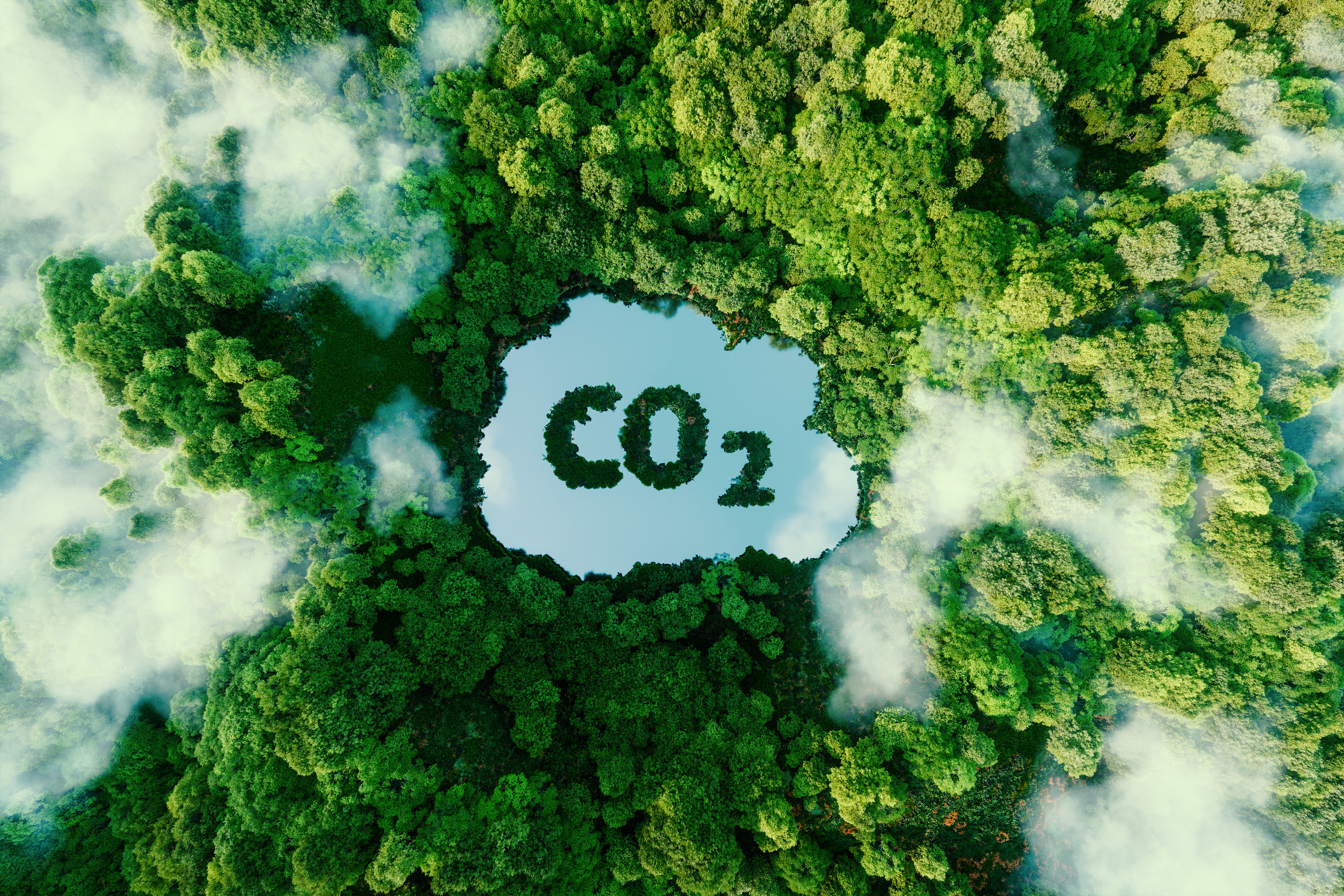North Dakota’s Public Service Commission (PSC) on Aug. 4 denied a siting permit for a proposed carbon-dioxide pipeline that would have transported CO2 captured from ethanol plants in five Upper Midwestern states to an injection site deep underground in central North Dakota.
Officially dubbed the Summit Carbon Solutions Midwest Carbon Express pipeline, otherwise known as the CO2 pipeline, the project represents one of the most bizarre – and intrusive – schemes yet devised by entities eager to cash in the climate scare. The project would capture CO2 from over 30 ethanol plants scattered around the Midwest and transport it through a 320-mile-long pipeline, before dumping it beneath the plains of North Dakota near Bismark. Traversing parts of Iowa, Minnesota, Nebraska, South Dakota, and North Dakota, the pipeline would go through private land.
And that’s where the problems started.
Threat of Eminent Domain
The CO2 pipeline’s route takes it through an area that is dotted with farms, and many farmers object to having their productive agricultural land put at risk for the sole benefit of out-of-state climate hustlers. Even worse, the developer, Iowa-based Summit Carbon Solutions, threatens to use the power of eminent domain to seize land (for a pittance) from farmers unwilling to play ball.
Eminent Domain is supposed to be used to acquire land for public works projects, such as roads and bridges, not for projects that benefit private developers. During a series of North Dakota PSC-sponsored public hearings this year, affected landowners were vehement in their objections to the pipeline, citing eminent domain and the threat a pipeline break would pose to their livelihoods.
“I’m a fourth-generation farmer, a lot of us are fourth or fifth or even beyond that,” Ed Fischbach, a farmer who lives in North Dakota, said in July, according to Dakota News Now. “It’s a way of life, It’s part of us. We’ll do anything we can to protect that [land]. That’s what’s important to us to protect our future, to protect what we have, and to stand up for what’s right.”
In rejecting Summit’s permit, the North Dakota PSC regulators pointed to insufficient measures to mitigate impacts on various waterfowl and noted that the permit did not do enough to address the pipeline’s potential impact on cultural resources, according to AgWeek. PSC members also said the developer did not adequately explore alternate routes around landowners and the City of Bismark.
Licking its wounds after the PSC’s decision, Summit Carbon Solutions vowed to fight on.
“Summit Carbon Solutions respects the decision by the North Dakota Public Service Commission, and we will revisit our proposal and reapply for our permit,” Sabrina Zenor, director for marketing and communications, told the Daily Caller News Foundation, adding that the company is “committed to understanding and incorporating the considerations outlined in the decision. We are confident that our project supports state policiedesigned to boost key economic sectors: agriculture, ethanol, and energy.”
That won’t be easy. The PSC’s rejection came close to demanding that Summit design a completely different project, which is a tall order. What’s more, farmers in neighboring South Dakota are considering suing the company, including over eminent domain, a step that, if nothing else, could keep the project tied up in court for years.
Endangering the Food Supply
In any event, the CO2 pipeline reflects the climate movement’s intellectual and moral bankruptcy. The project aims to reduce atmospheric levels of CO2 in one of the most agriculturally productive areas in the world. Less CO2 in the air will harm crops and jeopardize the world’s food supply. This is simple high-school science, but it appears to be beyond the understanding of today’s climate hustlers.
